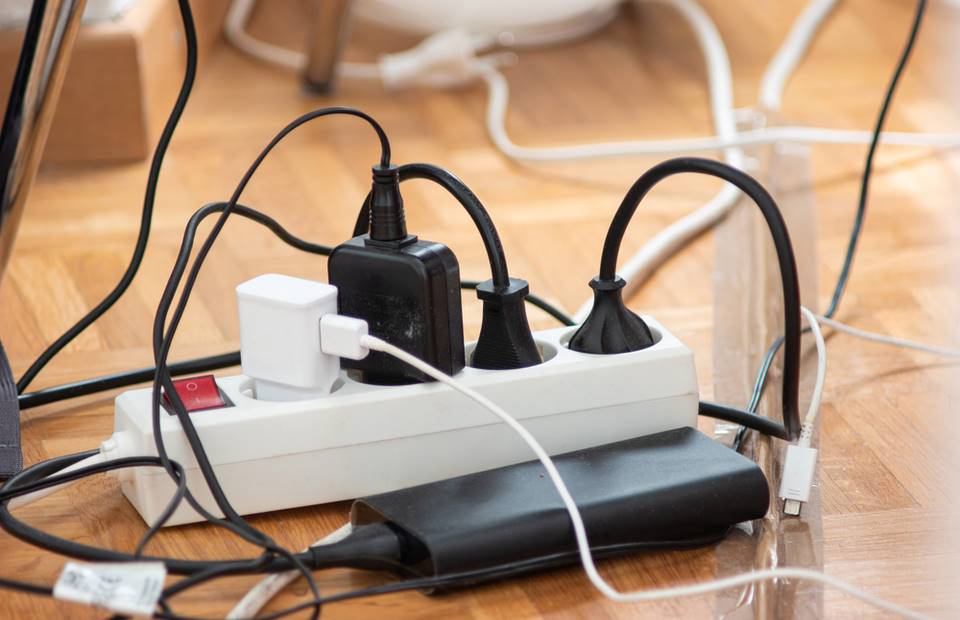Household fires are often caused by a fire or a short circuit. Given that we will probably not be able to do without the use of electricity today, we cannot eliminate the risk completely. However, there are principles we should follow to avoid a fire as much as possible.
Unplug any appliances you may have
In many households, it is customary to unplug the kettle when not in use – and that’s fine. However, we should also focus on other appliances – such as a microwave oven. We should also pay attention to various chargers, which tend to overheat and can cause a fire if left in the socket for a long time.
We should unplug appliances especially when we leave the house or, for example, before going to bed. We should pay special attention to what we leave involved when we leave the household for a longer period of time – for example, on holiday or in a hospital, etc.
Do not overload extension cords
Most households would not be able to do without extension and splitter cables and sockets, which offer the possibility to connect more appliances than we could in just one electrical socket.
There are two important rules here: you’d better pay extra for a better extension cord and not overload it. Splitter and extension sockets are designed for a certain load and if we connect more powerful appliances into it, they can overheat and fail. On the one hand, higher-quality extension cords reduce the risk that they will not tighten their power, and on the other hand, they often have their own mechanisms that monitor overheating and protect you from a possible fire.
Beware of water and heat
We probably don’t have to tell you that they don’t like water and electricity. But it is also important to keep this in mind when connecting appliances. The refrigerator, washing machine, dishwasher and other appliances that may leak should be plugged into a separate outlet that is located so that water does not get into it in the event of an accident. However, beware of excessive heat – extension cords or cables should definitely not run around the stove, stove or heater so that the heat cannot damage them in any way.
Foto: Shutterstock
–


